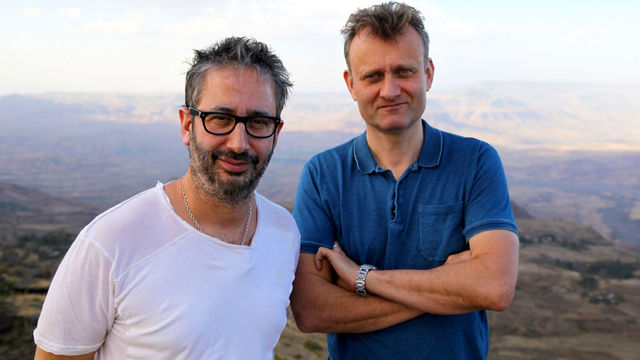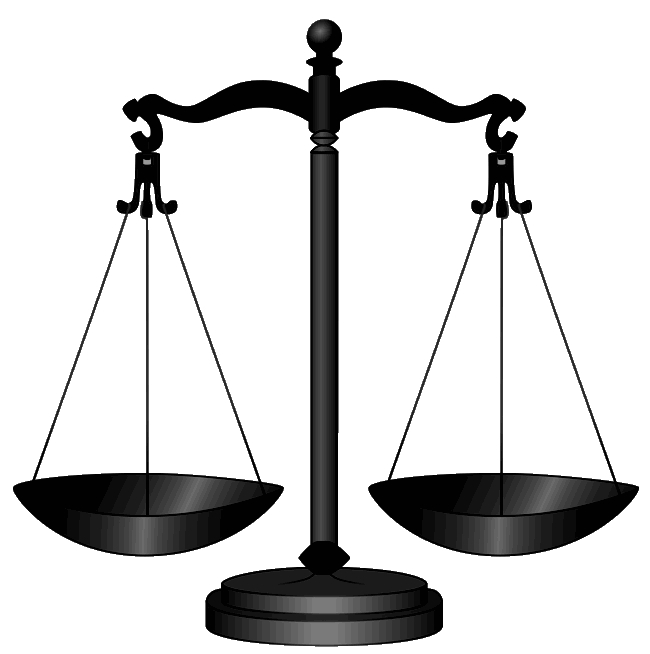On a visit to 'magical' Ethiopia, Clover Stroud is beguiled by the ancient and the everyday.
Thousands of people had congregated in the field, including hundreds of priests dressed in brightly coloured, richly embroidered cassocks, carrying ornate staffs topped with heavy silver crosses. Behind them, groups of children were divided into choirs, each wearing their own colourful ceremonial robes, chanting and clapping as they followed the procession. Among them wandered thousands of men and women – some barefoot, some carrying children, some bent double with age – but almost all swathed in the finest white muslin shawls.
The dancing and chanting of the crowds around was wild, hypnotic, but the rituals of their prayers were familiar Christian evocations.
It was a scene that might have been from the long-distant past, except for the fact that among these biblical figures I also saw characters who were a product of the 21st century. I spotted a little girl in a fluffy leopard-print jacket and Reebok trainers, the latter adorned with multicoloured flashing lights.
I spotted a priest, swooping around in a floor-length cassock, a huge wooden cross in one hand, mobile phone clamped to his head in the other. Beside me in the crowd stood a young man, in his late teens, dressed in a flash of bright yellow sportswear, gold chains strung around his neck which made him look as if he might break into gangsta rap at any moment – instead, he joined the psalms sung by the choir in front of us.
The crowd had gathered in a huge, flat field called Janmeda , or the Emperor’s Field, in the centre of Addis Ababa, with Mount Entoto in the distance. I was visiting in January, and the festivities were for Timkat, celebrating John the Baptist’s baptism of Christ.
Timkat might be the biggest religious event in Ethiopia, but there are many other festivals throughout the year which also represent a remarkable fusion of ancient tribalism and Christianity, combined with some thoroughly modern touches, as the priest’s phone and proliferation of flashy sports labels showed.
It’s impossible to avoid religion in Ethiopia. I could not have escaped from it, even if I’d wanted to, because it’s everywhere, and it defines everyone’s lives. And because Ethiopia has been Christian since AD 4 (some believing one of Jesus’s Apostles was Ethiopian), Christianity hasn’t been thrust on Ethiopians by missionaries, instead being woven into their DNA and into their culture.
The church seems to play a role similar to that which it must have played in medieval Europe: a place to worship, of course, but also to air grievances and solve problems, a place to learn and to bind communities together. The church, it’s fair to say, is very much alive to Ethiopians of all ages. Whatever god or gods you do or don’t believe in, it’s hard not to feel moved.
































